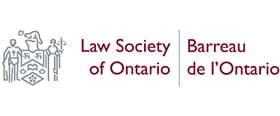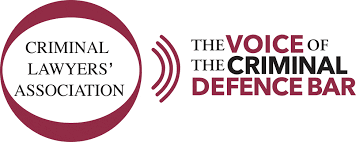The trial judge ruled that the case had taken too long to come to trial, that the accused’s right to a trial within a reasonable period of time had been violated.
11b Application – Unreasonable Delay
Facts of the Case
The accused was operating a motor vehicle on in the City of Toronto and became involved in a property damage accident.
The police officer arrived and demanded the accused provide the documents for the motor vehicle. While speaking to driver the officer noticed a strong odour of alcoholic beverage, he was unsteady on his feet, swaying from side to side, and had urinated himself.
The driver admitted to the officer that he was the driver of the motor vehicle, and that he consumed two bottles of beer earlier that evening.
The officer formed the opinion that the man’s ability to operate a motor vehicle was impaired by alcohol. The police officer arrested the man for for Impaired Driving.
The accused was then transported to the police station to provide samples of his breath. The accused gave two breath samples, registering 176 mgs and 163 mgs. The accused was charged accordingly.
Issues at Trial
In preparation for the trial Mr. Charitsis made a request to the Crown attorney’s office for specific items of disclosure. The lawyer asked for:
- the maintenance and calibration records of the Intoxilyzer 8000c; and,
- information pertaining the alcohol solution standard used to prepare the police machine that was used to take the alcohol readings.
On the trial date, these items were not disclosed by the Crown Attorney’s office, despite several requests being made.
The judge agreed that these items were needed to be disclosed in order for the lawyer to make full answer and defence to the charges.
Accordingly the trial date was adjourned in order for the disclosure to be made available. The next trial date was 15 months after the date that the accused was originally charged.
Lawyer Charitsis filed a motion pursuant to section 11(b) of the Canadian Charter of Rights and Freedoms on behalf of his client, complaining that the case had taken too long to come to trial.
On the next court date the Honorable Justice Cole agreed that accused’s rights had been violated because too much time had passed since he was charged with the offence.
The judge noted that the accused’s case was prejudiced because of the time delay since he was unable to change employment and was under considerable stress because the charge was taking too long to come to trial.
The judge “stayed” (withdrew) the charges. The accused was free to go without a criminal record and no suspension of his driver’s license.
Case Won – Charges Dismissed
Your Winning Defence Team
 You’re not guilty unless a judge says you are, not the police or the crown attorney.
You’re not guilty unless a judge says you are, not the police or the crown attorney.
It’s your right as a Canadian citizen to be properly defended in court and to have the evidence of your accuser challenged by a criminal lawyer.
As a criminal defence lawyer I have years of experience helping people accused of criminal charges and I can help you.
Together with my team of criminal lawyers we have been able to help thousands of people looking to do everything possible to win and be properly represented in criminal court.
Knowing the court system, the crown attorney’s, police and judges and having them know you can have dramatic implications. Experience does count in criminal defence. We know how to fight for our clients and present compelling and aggressive defence arguments.
We stake our reputation on doing everything possible to win your case, ensuring the best possible defence with the reviews and winnings to prove it.
Call 416-731-7113 to discuss your criminal defence today.





